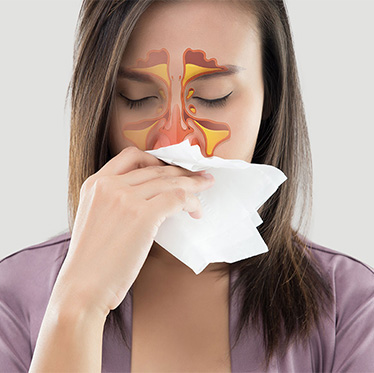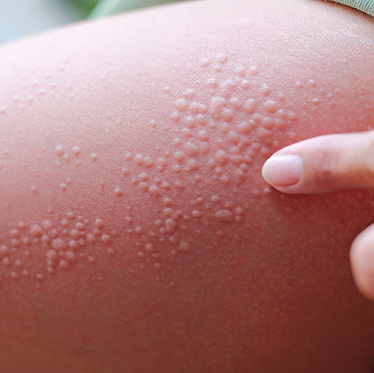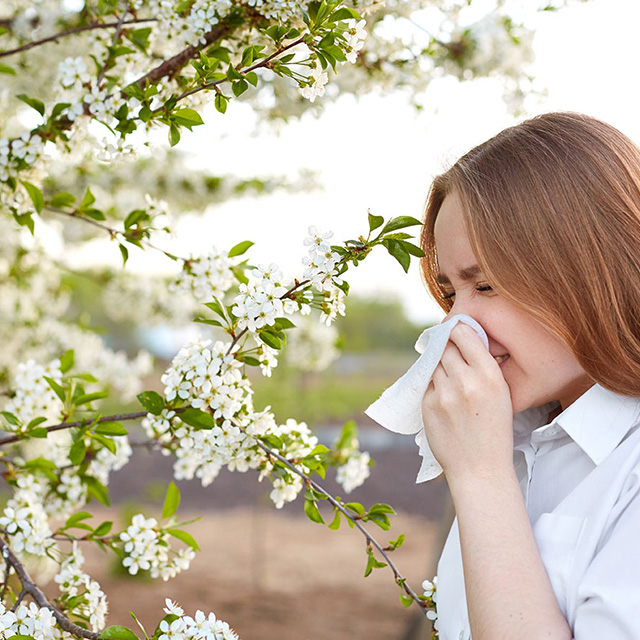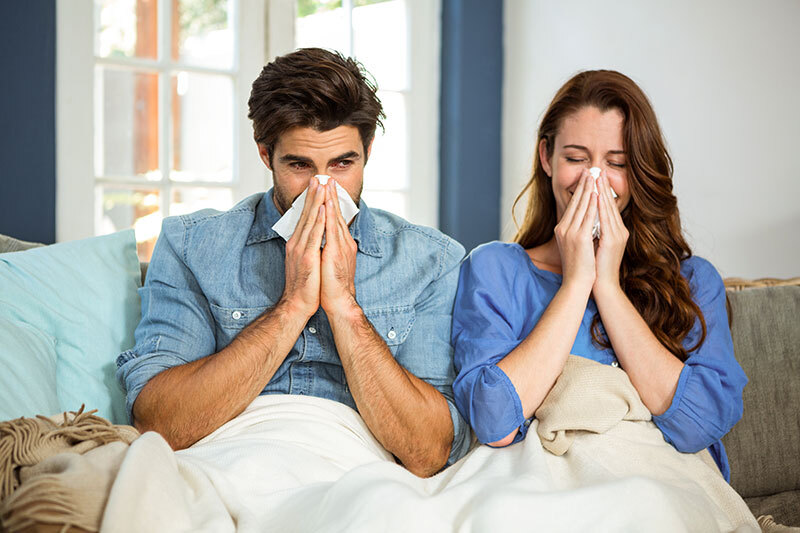WHAT IS ALLERGY?
Allergy occurs when a person’s immune system reacts to substances in the environment that are harmless for most people. These substances are known as allergens and are found in dust mites, pets, pollen, insects, ticks, moulds and medication. 1,2
A substance that is an allergen for one person may not be for another. 2
However, the risk of developing allergies is higher if other family members suffer from allergy or asthma. 1
Coming in contact with these allergens may trigger an allergic reaction, which begins as a result of the release of a certain substance (e.g. histamine), leading to the development of symptoms such as swelling, inflammation, sneezing, watery eyes, itching and/or a runny nose. 1,2

















